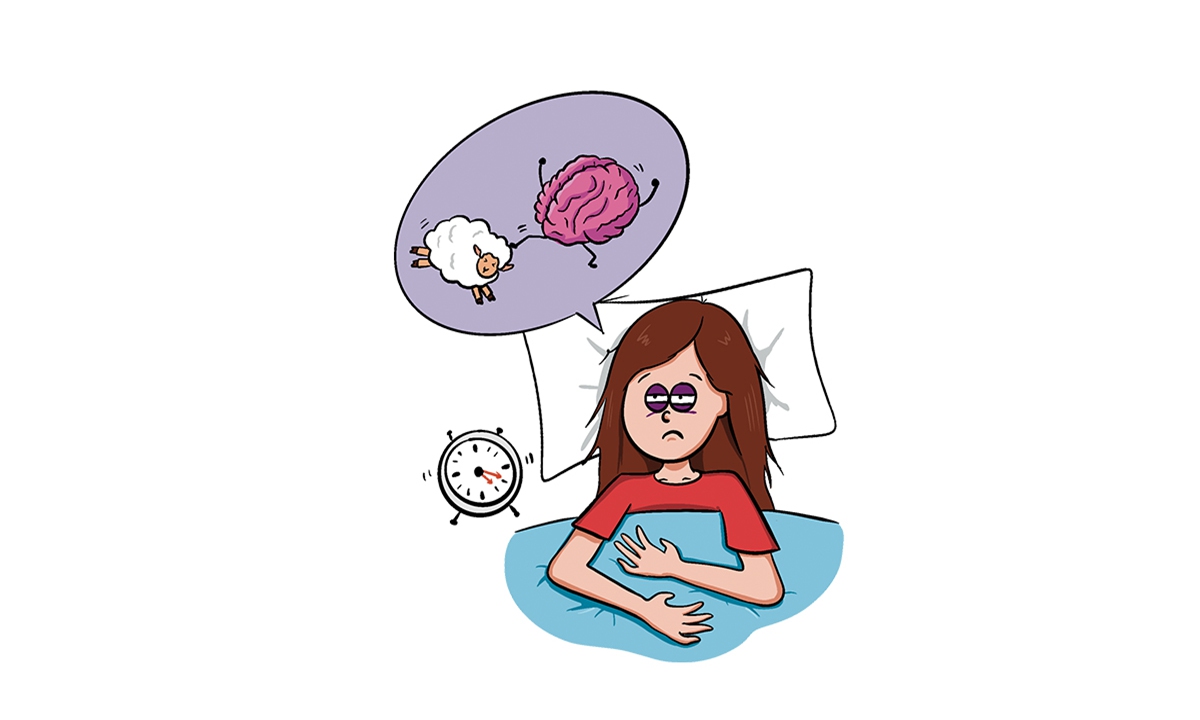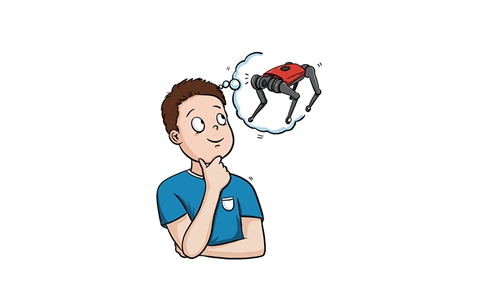LEARNING CHINESE / DIALOGUE
Learning Chinese
Chat attack
sleep disorder/ 睡眠障碍/ (shuìmián zhànɡ ài)

我和我的室友打算明天开始早起运动, 你要不要加入我们?
(wǒhéwǒde shìyǒu dǎsuàn mínɡtiān kāishǐ zǎoqǐyùndònɡ, nǐyàobúyào jiārù wǒmen?)
B: No, I'm struggling with a sleep disorder recently, and I always feel sleepy at dawn and very energetic in the middle of the night.
不成, 我最近在和睡眠障碍做斗争,总觉得天亮了犯困,后半夜很精神。
(bùchénɡ, wǒzuìjìn zàihé shuìmián zhànɡ ài zuòdòuzhēnɡ, zǒnɡjuéde tiānliànɡle fànkùn, hòubànyè hěnjīnɡshen.)
A: Then you really need to adjust. In fact, we also exercise to improve our quality of sleep.
那你确实需要调整。其实我们运动也是为了提升睡眠质量。
(nànǐ quèshí xūyào tiáozhěnɡ. qíshí wǒmen yùndònɡ yěshì wéile tíshēnɡ shuìmián zhìliànɡ.)
B: Many friends around me said that they have sleep problems and work pressure is the main factor.
我周围好多朋友表示自己有睡眠问题, 工作压力大是主要因素。
(wǒzhōuwéi hǎoduō pénɡyou biǎoshì zìjǐ yǒushuìmián wèntí, ɡōnɡzuò yālìdà shìzhǔyào yīnsù.)
A: Then it is even more important to pay attention to it. Long-term lack of sleep will lead to lowered immunity, induce other diseases and damage your health.
那就更得注意了, 长期睡眠不足将导致免疫力低下诱发其他疾病, 危害身体健康。
(nàjiùɡènɡděi zhùyìle, chánɡqī shuìmián bùzú jiānɡdǎozhì miǎnyìlì dīxià yòufā qítājíbìnɡ, wēihài shēntǐ jiànkānɡ.)
B: Is exercise really effective?
运动真的有效吗?
(yùndònɡ zhēnde yǒuxiàoma?)
A: You won't know until you try it.
你试试不就知道啦。
(nǐshìshì bújiùzhīdàola.)
sleep disorder/ 睡眠障碍/ (shuìmián zhànɡ ài)

Illustration: Liu Xidan/GT
A: My roommate and I plan to get up early to exercise tomorrow. Would you like to join us?我和我的室友打算明天开始早起运动, 你要不要加入我们?
(wǒhéwǒde shìyǒu dǎsuàn mínɡtiān kāishǐ zǎoqǐyùndònɡ, nǐyàobúyào jiārù wǒmen?)
B: No, I'm struggling with a sleep disorder recently, and I always feel sleepy at dawn and very energetic in the middle of the night.
不成, 我最近在和睡眠障碍做斗争,总觉得天亮了犯困,后半夜很精神。
(bùchénɡ, wǒzuìjìn zàihé shuìmián zhànɡ ài zuòdòuzhēnɡ, zǒnɡjuéde tiānliànɡle fànkùn, hòubànyè hěnjīnɡshen.)
A: Then you really need to adjust. In fact, we also exercise to improve our quality of sleep.
那你确实需要调整。其实我们运动也是为了提升睡眠质量。
(nànǐ quèshí xūyào tiáozhěnɡ. qíshí wǒmen yùndònɡ yěshì wéile tíshēnɡ shuìmián zhìliànɡ.)
B: Many friends around me said that they have sleep problems and work pressure is the main factor.
我周围好多朋友表示自己有睡眠问题, 工作压力大是主要因素。
(wǒzhōuwéi hǎoduō pénɡyou biǎoshì zìjǐ yǒushuìmián wèntí, ɡōnɡzuò yālìdà shìzhǔyào yīnsù.)
A: Then it is even more important to pay attention to it. Long-term lack of sleep will lead to lowered immunity, induce other diseases and damage your health.
那就更得注意了, 长期睡眠不足将导致免疫力低下诱发其他疾病, 危害身体健康。
(nàjiùɡènɡděi zhùyìle, chánɡqī shuìmián bùzú jiānɡdǎozhì miǎnyìlì dīxià yòufā qítājíbìnɡ, wēihài shēntǐ jiànkānɡ.)
B: Is exercise really effective?
运动真的有效吗?
(yùndònɡ zhēnde yǒuxiàoma?)
A: You won't know until you try it.
你试试不就知道啦。
(nǐshìshì bújiùzhīdàola.)



